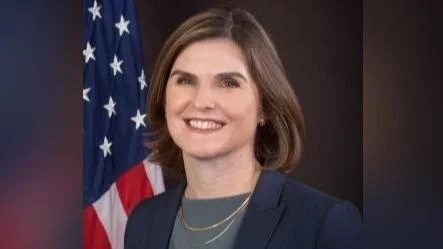Churches and faith groups across the United Kingdom are opposing a bill that would allow physician-assisted suicide, with efforts intensifying to block its approval by parliamentarians on November 29. Timothy Dieppe, head of public policy for Christian Concern, stated, "The vote will be very close — many members of Parliament, elected only recently, are having to decide on a life-or-death ethical issue they haven’t considered before." He added that voting against the bill would signal globally that assisted suicide is not inevitable.
The "Terminally Ill Adults (End of Life) Bill," introduced by Kim Leadbeater from the Labour Party, seeks to provide life-ending medical assistance to terminally ill adults over 18. According to Dieppe, political and media momentum is growing against this bill, which would overturn Britain’s 1961 Suicide Act and violate major religious traditions and ethical codes.
Lord David Alton criticized the bill for lacking public support and being rushed through scrutiny. He highlighted concerns about elderly people facing winter hardships and pressures in palliative care services. British Prime Minister Keir Starmer supports the bill but has promised MPs a free vote on it.
The Dignity in Dying organization described the bill as “the most detailed, robust proposal on assisted dying” ever considered by British parliament. However, several Catholic bishops have urged citizens to petition legislators against it. The bishops' joint statement warned that "promised safeguards are soon forgotten," potentially damaging doctor-patient relations.
In response to growing opposition, more parliamentarians have contacted local bishops about assisted suicide. Disability groups have also expressed indignation against the proposed legislation.
Currently, seven European countries and eleven US states permit assisted suicide under certain conditions. A previous attempt at similar legislation was defeated in Britain’s House of Commons in 2015.
Archbishop Mark O’Toole of Cardiff-Menevia emphasized shared faith values in caring for vulnerable individuals during challenging times. A statement released by various religious leaders reiterated concerns about potential abuse and coercion if the bill were passed.
Dieppe noted that recent rejections of such legislation in Scotland and Wales surprised proponents of assisted suicide. Despite describing Parliament as "the most godless" due to few MPs swearing their oath on the Bible, he acknowledged a lingering recognition of Christian cultural foundations.
Jonathan Luxmoore reports from Oxford for OSV News.
 Alerts Sign-up
Alerts Sign-up






